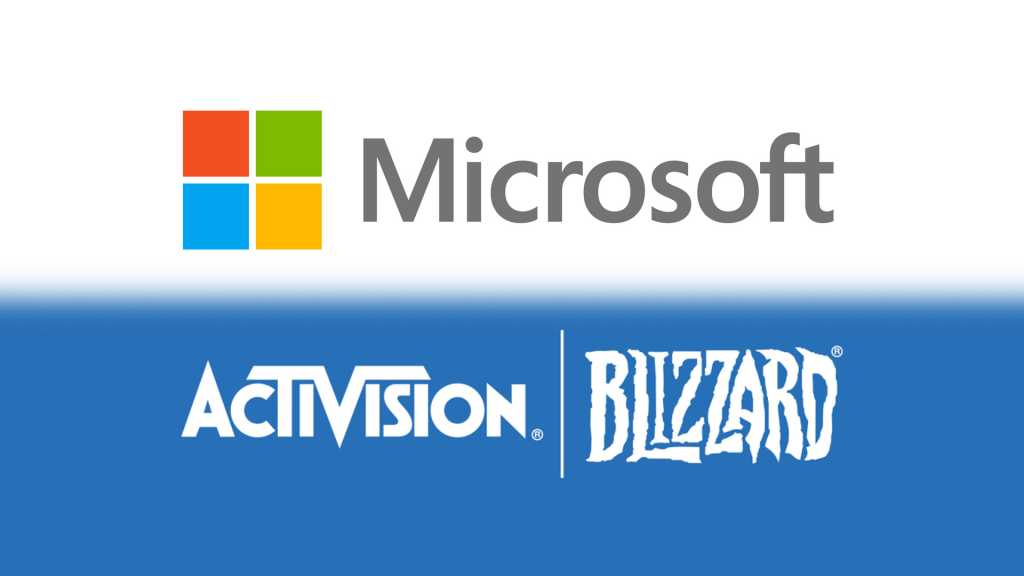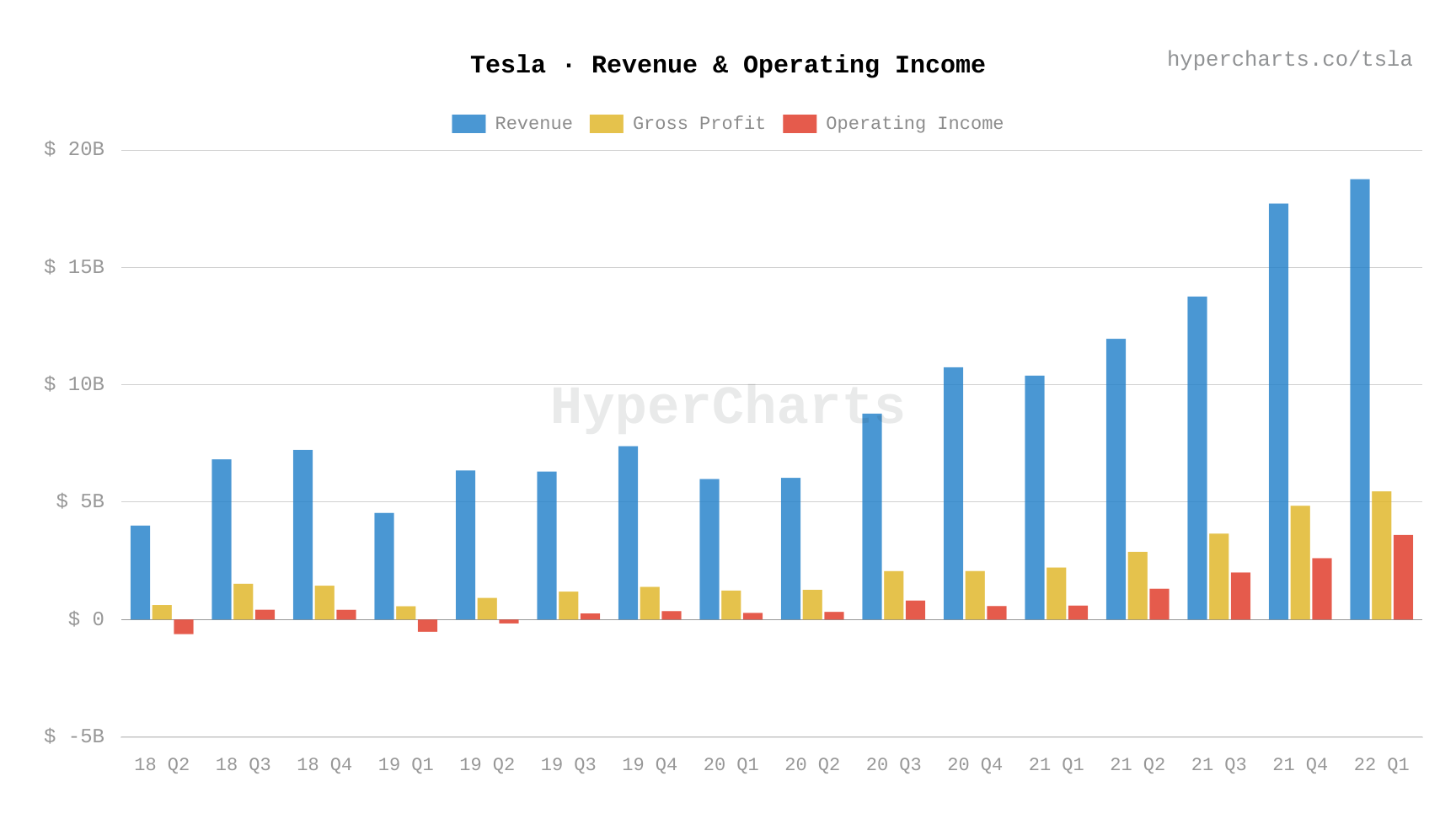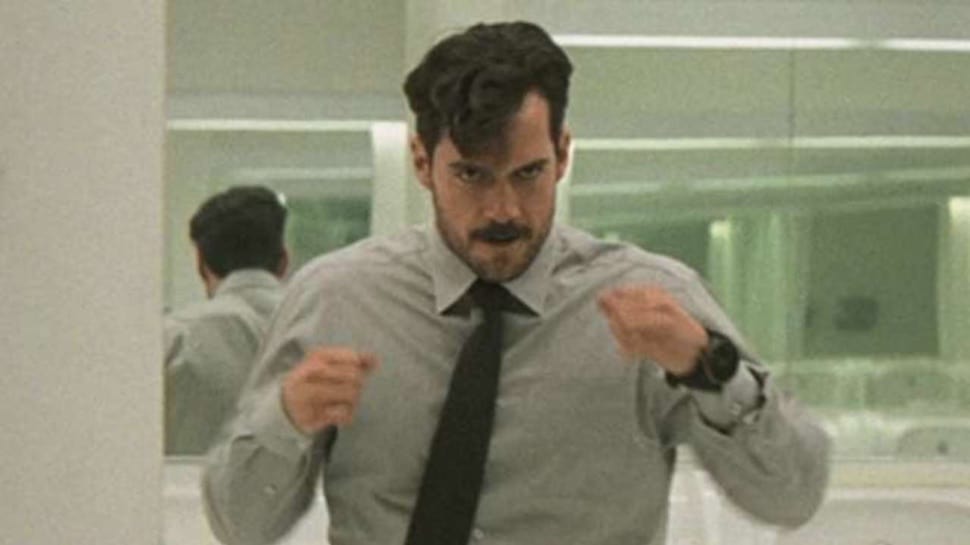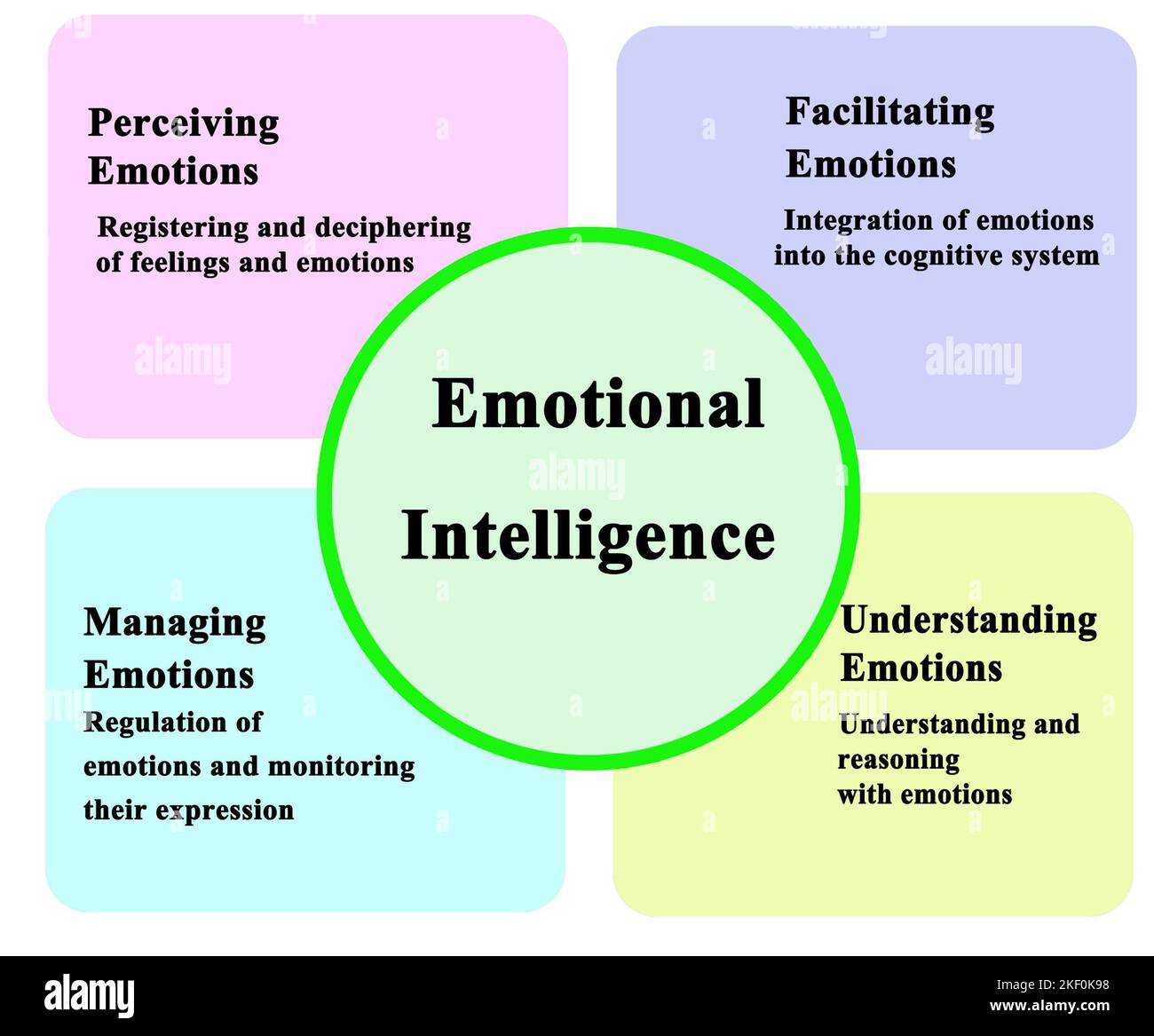Microsoft-Activision Deal: FTC's Appeal And Future Uncertainty

Table of Contents
H2: The FTC's Case Against the Microsoft-Activision Deal
The FTC's central argument against the Microsoft-Activision Deal hinges on concerns about anti-competitive practices. They believe the merger would give Microsoft an insurmountable advantage, potentially stifling competition and harming consumers.
H3: Concerns about Anti-Competitive Practices:
The FTC's main worry centers on the potential for Microsoft to leverage its ownership of Activision Blizzard's franchises, especially Call of Duty, to unfairly dominate the market.
- Monopoly power over popular franchises like Call of Duty. The FTC argues that Microsoft could make Call of Duty exclusive to Xbox, or offer it on PlayStation only under severely disadvantageous terms.
- Potential for exclusivity deals harming rivals like Sony and Nintendo. Restricting access to popular titles like Call of Duty, Warcraft, and Candy Crush could significantly weaken competitors, hindering their ability to innovate and compete effectively.
- Reduced innovation and higher prices for gamers. A lack of competition can lead to less innovation and potentially higher prices for games and gaming services.
- Stifling of competition in cloud gaming services. The FTC also expresses concern about Microsoft's potential to leverage its cloud gaming infrastructure (xCloud) to give its own games an unfair advantage.
H3: Evidence and Arguments Presented by the FTC:
The FTC’s case is built upon a substantial amount of evidence, meticulously gathered and analyzed.
- Analysis of Microsoft's market share in gaming consoles, PC gaming, and cloud gaming. The FTC has presented data demonstrating Microsoft's growing market share across various gaming platforms.
- Examination of Microsoft’s past acquisitions and their impact on competition. The FTC reviewed Microsoft's acquisition history to determine patterns and potential future behavior.
- Expert testimony regarding the potential anti-competitive effects of the merger. The FTC relied on expert witnesses to provide economic analysis and opinions on the potential consequences of the merger.
H2: Microsoft's Defense and Counterarguments
Microsoft has vigorously defended the Microsoft-Activision Deal, arguing that it benefits gamers and the industry as a whole.
H3: Commitment to Maintaining Call of Duty's Availability:
A key element of Microsoft’s defense is its unwavering commitment to keeping Call of Duty available on PlayStation and other platforms.
- Long-term contracts proposed to ensure Call of Duty remains on competing consoles. Microsoft has offered long-term agreements to guarantee Call of Duty's continued presence on PlayStation.
- Public statements emphasizing their commitment to a multi-platform approach. Microsoft has repeatedly made public declarations affirming its intention to maintain a multi-platform strategy.
- Counterarguments challenging the FTC's assessment of market dominance. Microsoft disputes the FTC's assessment of its market dominance, arguing that the gaming market is dynamic and competitive.
H3: Benefits of the Merger for Gamers and the Industry:
Microsoft highlights several potential benefits resulting from the merger.
- Investment in game development leading to more innovative titles. Microsoft argues that combining resources will fuel game development, leading to more high-quality and innovative titles.
- Expansion of gaming services, potentially reaching a wider audience. The merger could expand access to gaming services, potentially benefiting a broader range of players.
- Synergies between Microsoft's platforms and Activision Blizzard's games. Microsoft anticipates considerable synergies between its platforms and Activision Blizzard's extensive game portfolio.
H2: The Ongoing Legal Battle and Appeal Process
The legal battle surrounding the Microsoft-Activision Deal is far from over.
H3: The Court's Initial Decision and the FTC's Appeal:
A US District Court judge initially dismissed the FTC's attempt to block the merger. However, the FTC subsequently appealed this decision.
- Details of the initial court ruling. The court's decision highlighted specific points of contention and reasons for dismissing the FTC's case.
- Reasons given by the FTC for filing an appeal. The FTC cited concerns about potential errors in the initial ruling and the potential harm the merger might inflict.
- Timeline and potential outcomes of the appeal process. The appeal process is expected to be lengthy, with potential outcomes ranging from a reversal of the initial ruling to upholding the original decision.
H3: Potential Outcomes and Implications:
The outcome of the appeal holds significant implications for the gaming industry.
- Potential scenarios and their probabilities. Several outcomes are possible, each with varying degrees of likelihood and impact.
- Effects on the video game market if the deal is blocked or approved. The decision will significantly shape the competitive landscape of the video game market.
- Precedents set for future mergers and acquisitions in the tech sector. The ruling will set a significant precedent for future mergers and acquisitions in the technology sector.
3. Conclusion:
The FTC's appeal in the Microsoft-Activision Deal creates considerable uncertainty. This high-stakes legal battle will not only determine the fate of this specific merger but also set a precedent for future acquisitions in the gaming industry. The arguments surrounding competition, market dominance, and the future of Call of Duty remain pivotal. Staying informed about the developments in this significant Microsoft-Activision Deal is crucial for anyone interested in the future of gaming. Continue to follow this story for updates on this monumental Microsoft-Activision deal and its implications for the gaming world.

Featured Posts
-
 Ines Reg Et Chantal Ladesou Nouvelle Polemique Nouvelles Accusations
May 12, 2025
Ines Reg Et Chantal Ladesou Nouvelle Polemique Nouvelles Accusations
May 12, 2025 -
 Telus Q1 Earnings Report Profit Increase And Dividend Announcement
May 12, 2025
Telus Q1 Earnings Report Profit Increase And Dividend Announcement
May 12, 2025 -
 Why Henry Cavill Left The Witcher Exploring The Reasons Behind His Exit
May 12, 2025
Why Henry Cavill Left The Witcher Exploring The Reasons Behind His Exit
May 12, 2025 -
 Tom Cruise Reveals Henry Cavills Mission Impossible Fallout Beard Growth Truth
May 12, 2025
Tom Cruise Reveals Henry Cavills Mission Impossible Fallout Beard Growth Truth
May 12, 2025 -
 Rockys Emotional Core Stallones Favorite Movie
May 12, 2025
Rockys Emotional Core Stallones Favorite Movie
May 12, 2025
